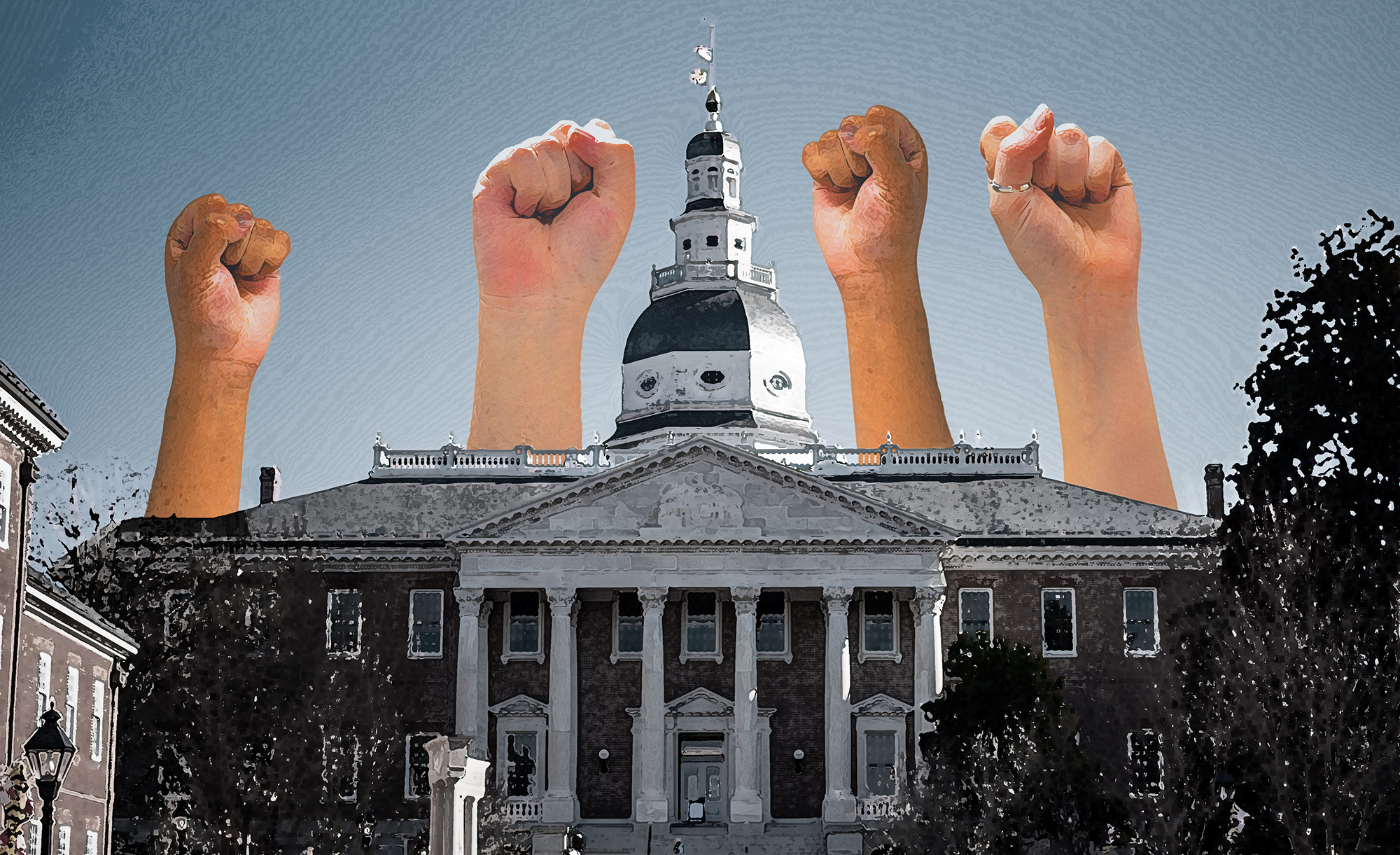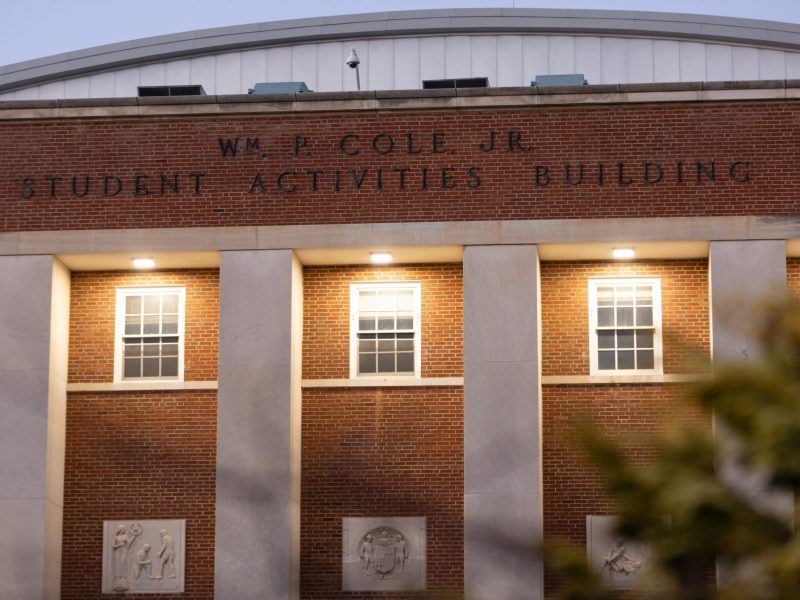Maryland state legislators, backed by labor rights groups at the University of Maryland, are once again pushing for a bill to expand collective bargaining rights at state universities — but this year’s bill also includes granting faculty the right to unionize.
This year’s bill would grant unionization rights to graduate assistants and faculty, including those who are tenure-track, non-tenure track and part-time, at University System of Maryland campuses, Morgan State University and St. Mary’s College of Maryland. The workers would also be allowed to negotiate their own contracts.
For two decades, similar bills have come and gone, with workers at this university launching repeated fights to pass similar legislation. Before, the bill was only aimed at granting collective bargaining rights to graduate assistants.
State Del. Linda Foley (D – Montgomery County), a lead sponsor of the bill, was also a sponsor of last year’s version of the bill.
“We have collective bargaining rights for employees at the University of Maryland, and we have these two groups that are not included in them, so we shouldn’t leave them behind,” Foley said. “They should also have a voice at work.”
More than 96 percent of members of this university’s chapter of the Association of American University Professors support collective bargaining rights for faculty, according to an analysis the group conducted last year.
[Maryland General Assembly to focus on cannabis, gun control legislation]
The AAUP and the American Federation of Teachers, a teacher’s labor union, merged last year, which has given the bill a more widespread and organized support, said Daniel Smolyak, the government-affairs chair of Fearless Student Employees. Foley added that the AFT’s efforts on this cause is a positive development and has improved the bill’s chances to include faculty.
Faculty are concerned about the labor condition of graduate workers, as well as the overall decline of tenured faculty at the university paired with a growing use of contingent faculty members, said Karin Rosemblatt, the vice president of this university’s AAUP chapter. Contingent faculty, which are generally only paid for the hours they spend teaching in the classroom, are “very poorly paid and lack job security,” Rosemblatt added.
A recent budget analysis, contracted by the AAUP, FSE and this university’s employee labor union, found that between 2013 and 2022, there was a seven percent decrease in the number of tenure track faculty at the university, while the number of those in contingent faculty positions and graduate teaching assistantships increased by 19 and 11 percent, respectively.
“We support the demands of non-tenure track faculty for labor stability and better wages and if that happens, then I think what has been happening, which is the erosion of tenure, will no longer make as much sense for administrators,” Rosemblatt said.
FSE and AAUP have sponsored a petition to support the legislation that has more than 1,500 signatures, meaning it has surpassed a similar petition from last year, according to FSE President Jan-Michael Archer.
[UMD student workers’ groups rally for $22 an hour livable wage]
Another difference between this year’s bill and previous proposals is the addition of provisions for “card check,” which means that workers would only need to gather signatures from at least half of the bargaining unit members to form a union, rather than hold an additional union election.
Archer said the addition of the “card check” process was inspired by the bill passed in 2021 that granted collective bargaining rights to all Maryland community college employees.
This university’s administration, including graduate school dean Steve Fetter, has consistently opposed expanding collective bargaining rights. They claimed graduate assistantships are not employment but rather a part of students’ education and that stipends aren’t meant to be a salary but instead financial assistance to help cover the costs of a graduate degree.
For this year’s bill to become law, the bill must pass through both of the General Assembly’s chambers by mid-April. Afterward, it is sent to the governor.
With a Democratic majority in both chambers and the governor’s mansion, there is more confidence and optimism in passing the bill.
The bill’s first public hearing in the House is on Feb. 14. If it passes, it will go into effect in July.
“I’m optimistic it’s gonna pass. If it doesn’t pass, I’ll be back,” Foley said. “I’m committed to keep bringing this bill until we do what we should do here, which is give these workers at University of Maryland the right to democracy in their workplace.”



